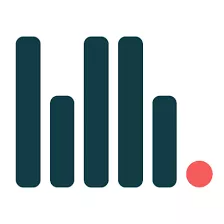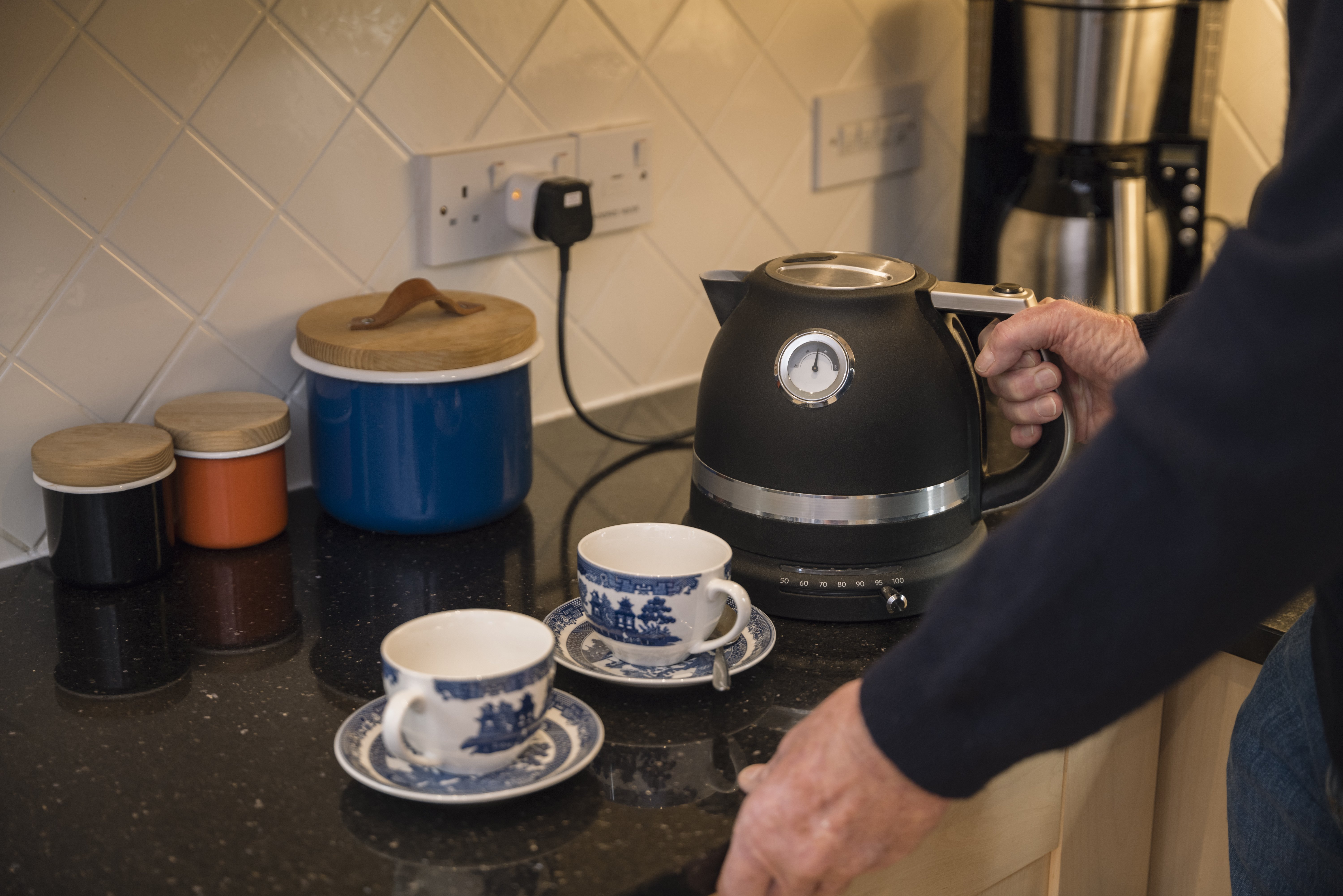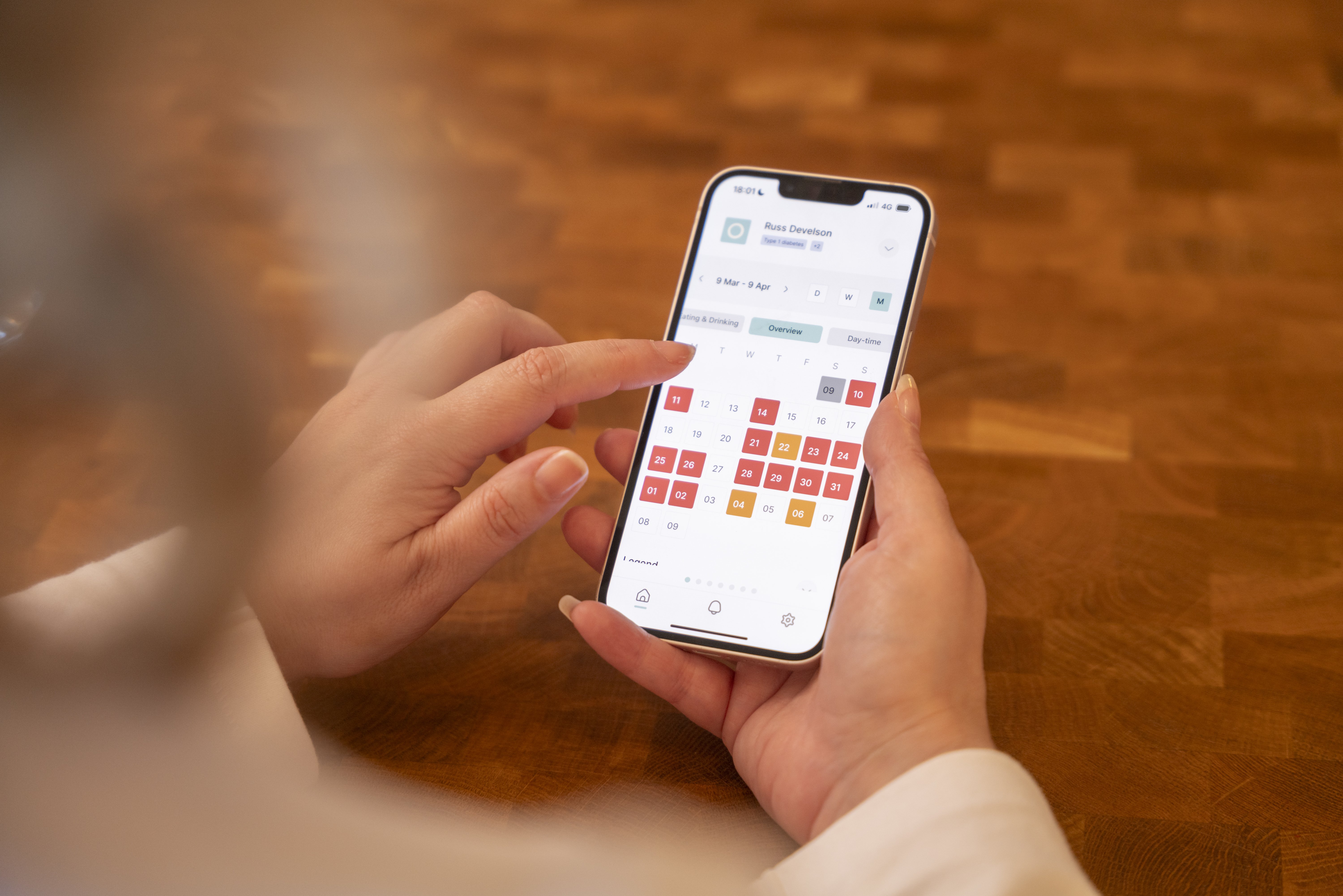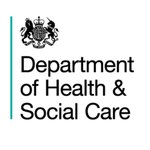
Monitoring technology in social care could free up two million bed days and save over £1.2bn for the NHS, according to new report

05 September 2024
The NHS could save more than £1.2 billion through widespread use of new non-intrusive lifestyle monitoring technology in social care according to a new report. More than two million hospital bed days could be saved, and the extra capacity created in social care able to fund the equivalent of 10,000 additional full-time carers in the system by 2035.
These findings are part of new analysis commissioned by health-tech company and TSA member, Lilli, to make the case for urgent digitisation across the health and social care sector. The report uses data from multiple local authorities across the UK who are currently using the AI-driven monitoring technology to address the growing care deficit and mounting social care crisis.
Titled ‘From passive to proactive: Unlocking the digital dividend from lifestyle monitoring technology for health and care’, the report follows recent social care promises from the new government to accelerate the adoption of technology in health and care and highlights the ‘domino effect’ that proactive monitoring employed in social care can have not just on council resources but also the NHS and patient outcomes.
It identifies hospital discharge as a key area that can see a significant impact from the technology. Earlier discharge would amount to 2.3 million additional bed days and almost £1.2bn in savings for the NHS, due to reduced costs of providing beds for patients over the next ten years – enough to pay the salaries of 2,000 nurses over the period. It would also lead to better health outcomes for the many thousands of people experiencing delayed discharge every day, with extended stays linked to higher risk of infections, adverse drug reactions and readmissions to hospital.
Likewise, the report finds adopting monitoring technology now would save councils £3bn by 2035 by supporting people to live independently at home for longer, and preventing thousands of people entering more expensive care settings, such as residential care. The productivity benefits would help to address the workforce crisis in care, by generating additional capacity equivalent to having 10,000 extra care workers.


Lifestyle monitoring technology works by tracking patterns of behaviour and key indicators of health, such as movement, eating and bathroom activity, and alerting carers to any changes. This allows care professionals to quickly make accurate care assessments, and safely monitor people’s health at home remotely, while being on the front foot to proactively spot signs of health decline before conditions require hospital treatment. Urinary Tract Infections have been identified as a key area where monitoring technology can help prevent hospital admissions.
According to the report, produced by economists at Policy Points, “there is strong evidence that lifestyle monitoring technology can generate essential, big-ticket savings for both the NHS and for social care, creating a digital dividend by protecting scarce hospital resources at the same time as boosting the productivity of carers”.
Download the full report here: https://www.intelligentlilli.com/reports/#proactive






